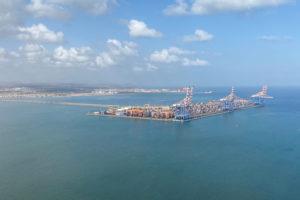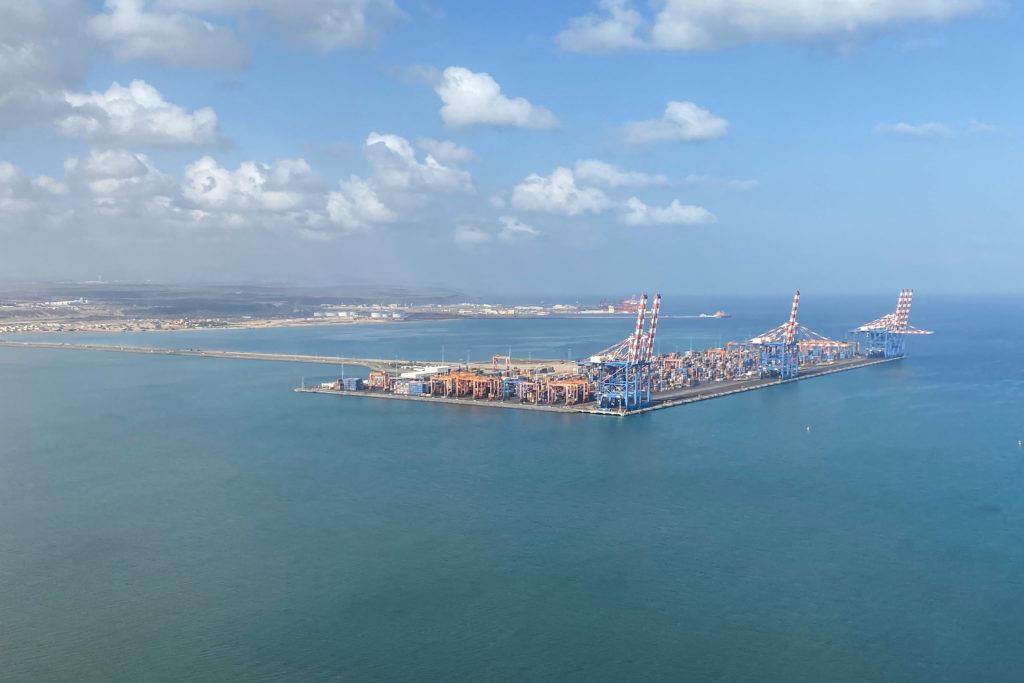
Port-related investments boosted Djibouti’s economy

São Paulo – Large port-related infrastructure investments have boosted the growth of Djibouti in recent years, but the COVID-19 pandemic and the conflict in neighboring Ethiopia have had a significant impact on economic activity. So said the International Monetary Fund (IMF) when completing a mission to the country that ended on December 20. Ethiopia is the country that shares the largest border with Djibouti and has gone through a raging civil war. Pictured, a port in Djibouti.
Led by Brett Rayner, the IMF mission to Djibouti said that large-scale infrastructure investments have driven strong economic growth in the country, at almost 7% between 2013 and 2019, before the pandemic. However, few domestic jobs and little tax revenues have been generated, and unemployment remains high. As a result, progress on social outcomes has been slow, Rayner said.
The pandemic and the conflict in Ethiopia have exposed Djibouti's macroeconomic vulnerabilities, according to the IMF. The COVID-19 made economic activity fall due to disruptions to global trade, then reduced demand from Ethiopia, whose economy is linked to Ethipia's. As a result, output growth slowed to about 1% last year.
“The economic outlook is clouded by the conflict in Ethiopia. Growth is expected to recover to about 4% in 2021 on a rebound in investments and construction, but the outlook for 2022 is less favorable,” the text reads. The 2022 growth is subject to downside risks due to the civil war in Ethiopia and a possible resurgence of the coronavirus pandemic.
But the port sector is well-positioned to benefit from a rebound in regional and global trade. The IMF believes Djibouti's main challenge is to support a durable and inclusive recovery. The Fund encourage authorities to prioritize domestic revenue mobilization to restore debt sustainability and create space for social spending. The suggestion is reducing tax exemptions, including for state-owned enterprises, carrying out governance and public financial management reforms to preserve economic stability.
The IMF believes structural reforms would help to create jobs, improvements in the educational system would help address labor-skill mismatches, and ongoing investments in solar and wind production would reduce the price of electricity and boost the country's competitiveness. A partial privatization of Djibouti Telecom could help to reduce IT prices and expand local access to cellular services.
Translated by Guilherme Miranda
Daphné Benoit/AFPThe post Port-related investments boosted Djibouti's economy appeared first on Agência de Notícias Brasil-Árabe .
.jpg)
Legal Disclaimer:
MENAFN provides the
information “as is” without warranty of any kind. We do not accept
any responsibility or liability for the accuracy, content, images,
videos, licenses, completeness, legality, or reliability of the information
contained in this article. If you have any complaints or copyright
issues related to this article, kindly contact the provider above.


















Comments
No comment